Everyday Self-Help Strategies for OCD: Empowerment & Real Support
Living with Obsessive-Compulsive Disorder (OCD) means grappling every day with intrusive thoughts and ritual urges. While professional support—particularly Exposure and Response Prevention (ERP), the Gold Standard Treatment for OCD—is essential, there are powerful self-help strategies you can incorporate into your daily routine. These steps can support your journey and build momentum toward lasting change.
1. Learn About OCD
Knowledge is strength. Educate yourself on:
What OCD actually is (obsessions + compulsions)
Why rituals temporarily relieve anxiety
How ERP works—and why it’s the most effective treatment
Understanding your condition helps reduce shame, self-criticism, and equips you to challenge unhelpful patterns.
2. Track Your Triggers & Patterns
Start a simple OCD journal:
Note the situations or thoughts that trigger discomfort
Track what you did (or felt like doing) in response
Rate your anxiety level each time
This increases self-awareness, highlights high-risk situations, and prepares you to respond intentionally rather than reactively
3. Apply Self-Directed ERP
You can begin exposure work independently, especially with support from an OCD specialist:
Choose a trigger—start with something mildly discomforting
Expose yourself—face the trigger mentally or physically
Prevent the urge—don’t perform the compulsion
Stay with discomfort until anxiety decreases
Self-administered ERP teaches your brain that discomfort doesn’t equal catastrophe.
4. Build Daily Supports for Wellness
Healthy routines amplify your self-help efforts:
Sleep: A regular schedule supports emotional regulation
Exercise: Physical movement reduces anxiety and releases feel-good hormones
Nutrition: Eat nutrient-rich meals; limit caffeine and alcohol
Mindfulness: Practice daily awareness of your thoughts and feelings
Self-care enhances your resilience to OCD’s challenges.
5. Connect with Supportive People
OCD thrives in secrecy and isolation. Combat that by:
Sharing your experience with trusted friends/family
Joining OCD peer groups (online or local)
Working with a therapist who understands OCD
Support reduces shame and increases accountability
6. Add Cognitive Techniques
Beyond ERP, try these cognitive tools:
Association splitting: Replace negative OCD connections with neutral or positive ones
Mindfulness practice: Notice thoughts without reacting—especially when compulsive urges arise
These strategies help break OCD’s automatic thinking loops.
7. Celebrate Your Progress - Even Small Wins
Self-help is often invisible and non-linear. You might think you’re “not progressing”—but facing a trigger without ritual, even for a moment, is real progress. Treat every exposure and pause as a victory—no matter how small.
When to Ask for Specialist Help
Self-help strategies are powerful—but not enough alone for many. You may need full ERP therapy if:
OCD significantly disrupts your work, relationships or daily life
Your self-administered exposures cause intolerable distress
You experience “Pure O” (mental rituals) or taboo intrusive thoughts
At BrainBody OCD Counseling, our Arizona-based specialists provide gold standard treatment for OCD—including therapist-led ERP, ACT, Inference-Based CBT, and ongoing support tailored to your needs.
You’re Not Alone - and You’re Not Broken
Self-help isn’t just filler therapy - it’s self-empowerment. When paired with professional support, these daily habits help create sustainable change.
If you feel ready for deeper healing, schedule a free consultation with one of our OCD experts to explore ERP and other evidence-based treatments.
